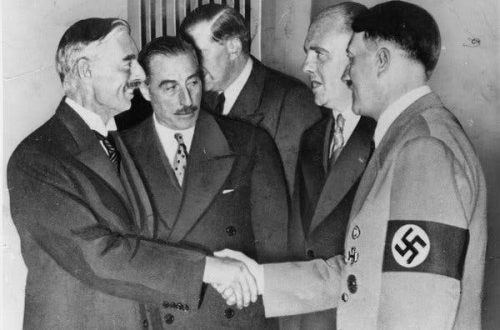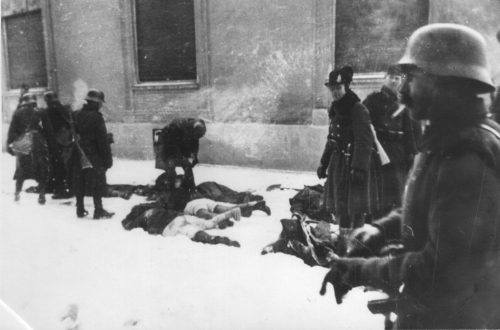After watching the post-Soviet, pre-Putin Russian film “Burnt by the Sun” on DVD last night, I got to wondering if there are any other Russian films worth seeing that deal with the Stalin era and its crimes.
Then I saw this article in The Chicago Tribune and figured that the chances of such films being made are increasingly small.
ST. PETERSBURG, Russia — At first, the purpose behind the midday raid at a human-rights group’s office here was murky. Police, some clad in masks and camouflage, cut the electricity to Memorial’s offices and demanded to know if any drugs or guns were kept on the premises.
Five hours later, after police had opened every computer and walked out with 11 hard drives, the reason for their visit became clear to Memorial Director Irina Flige.
On the hard drives, a trove of scanned images and documents memorialized Josef Stalin’s murderous reign of terror. Diagrams scrawled out by survivors detailed layouts of labor camps. There were photos of Russians executed by Stalin’s secret police, wrenching accounts of survival from gulag inmates and maps showing the locations of mass graves.
“They knew what they were taking,” Flige said. “Today, the state tries to reconstruct history to make it appear like a long chain of victories. And they want these victories to be seen as justifying Stalin’s repressions.”
Stalin, the brutal Soviet dictator responsible for the deaths of millions of his citizens, has been undergoing a makeover of sorts in recent years. Russian authorities have reshaped the Georgia-born dictator’s image into that of a misunderstood, demonized leader who did what he had to do to mold the Soviet Union into the superpower it became.
In Russian classrooms, history teachers are guided by a new, government-approved textbook, Alexander Filippov’s “Modern History of Russia: 1945-2006,” which hails Stalin as an efficient manager who had to resort to extreme measures to modernize the lumbering Soviet agrarian economy.
There were, writes Filippov, “rational reasons behind the use of violence in order to ensure maximum efficiency.”


